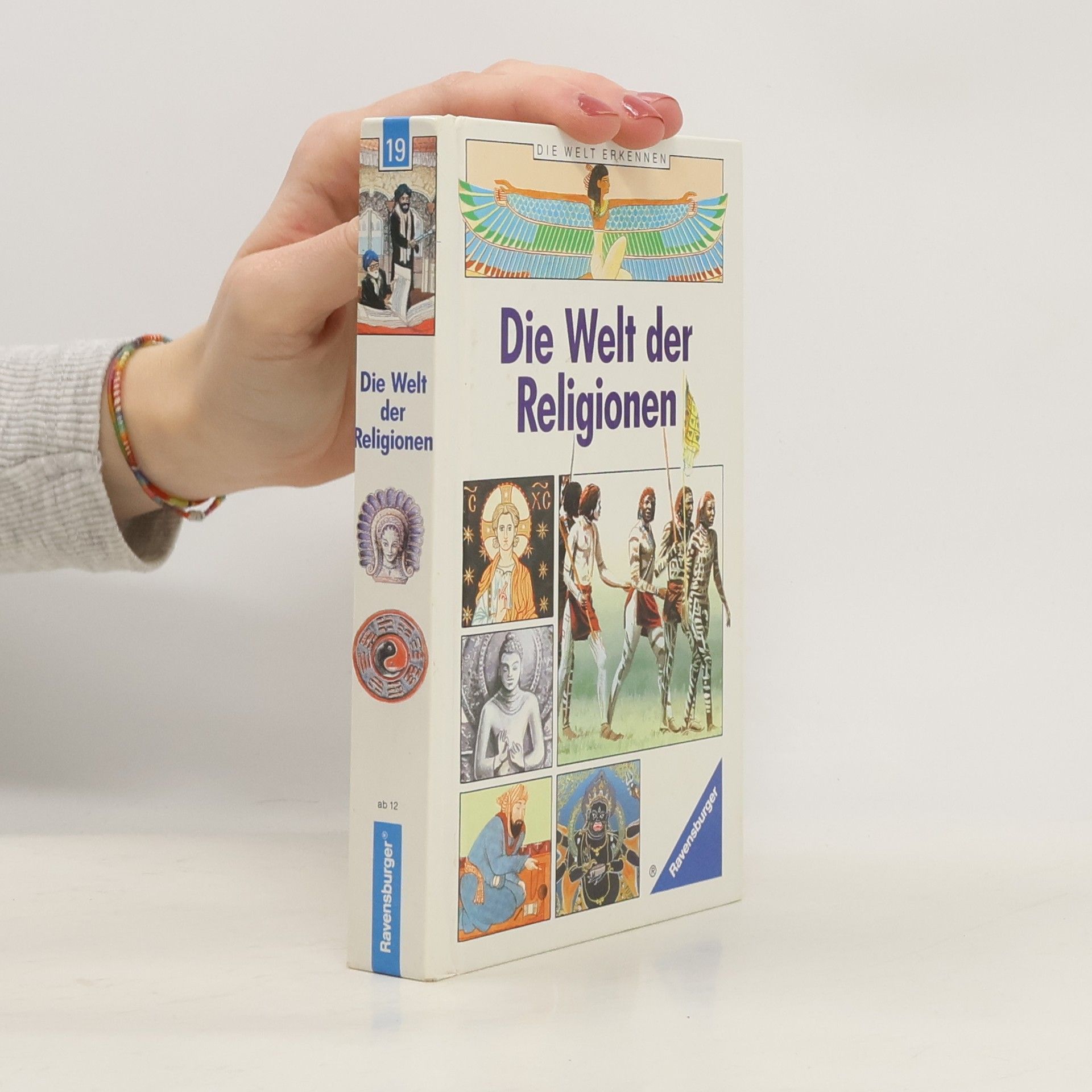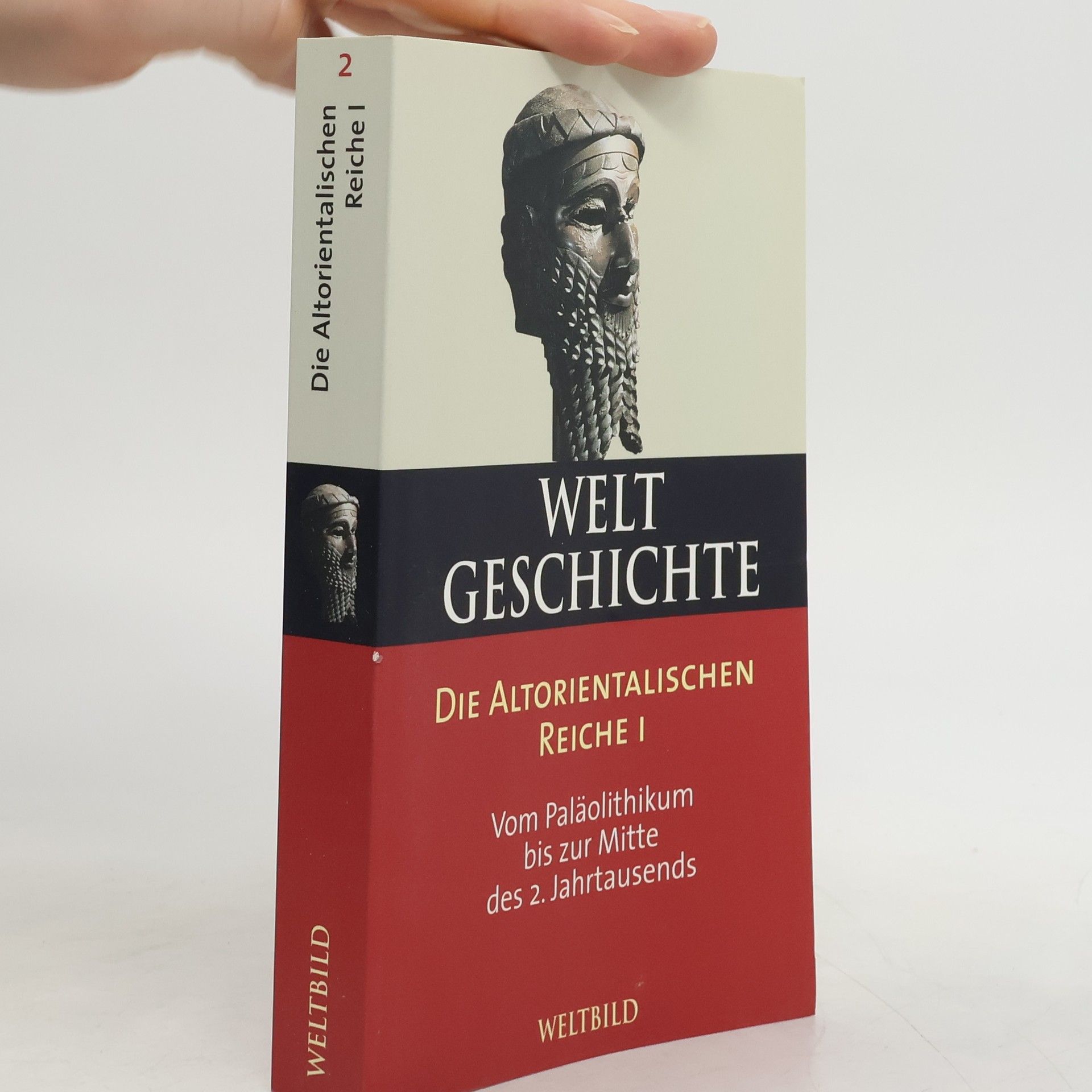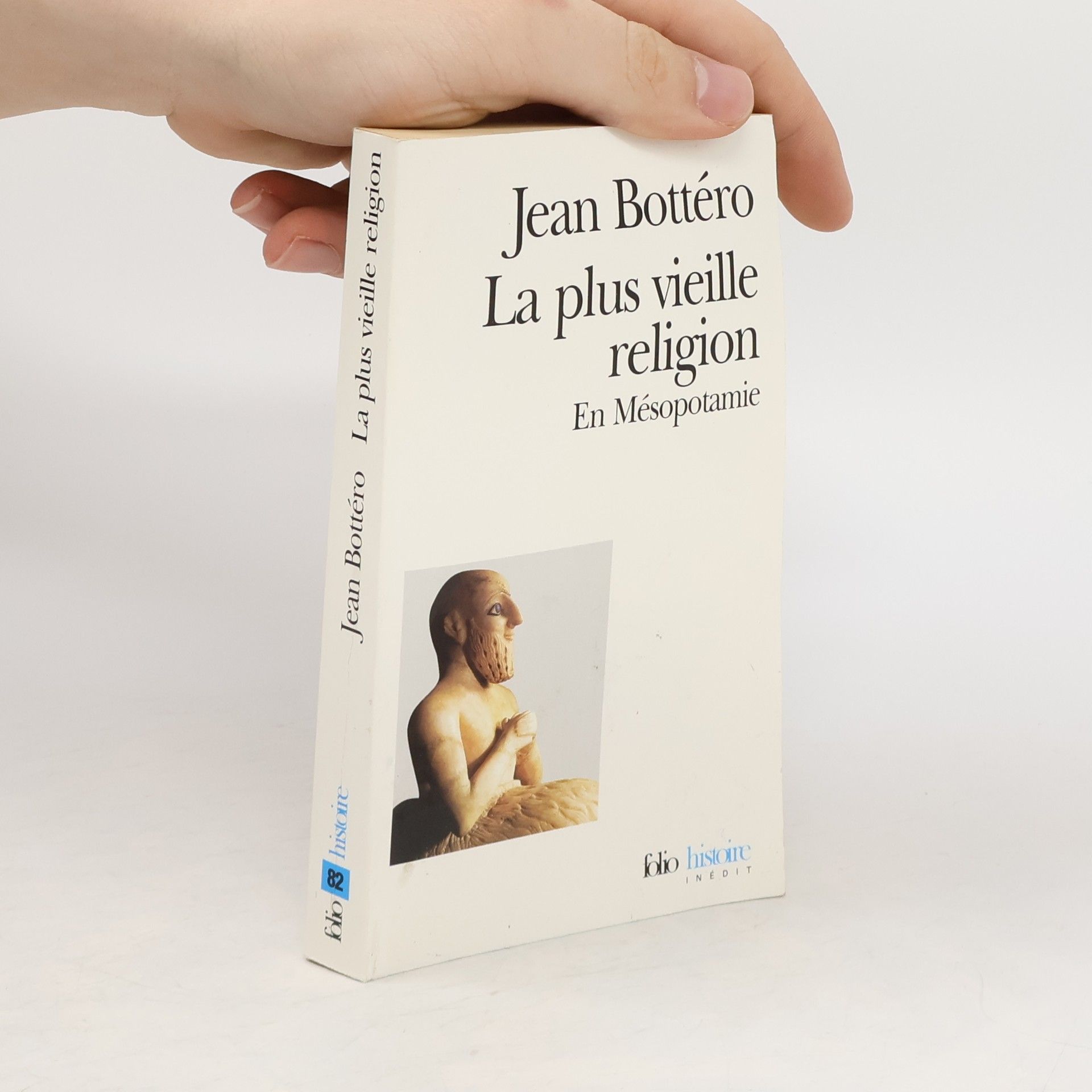Jean Bottéro Libri
Jean Bottéro fu uno storico francese che emerse come un importante assiriologo e un rinomato esperto del Vicino Oriente Antico. La sua erudizione si addentrò profondamente nei testi cuneiformi, illuminando le complesse culture delle antiche civiltà mesopotamiche. Il lavoro di Bottéro ricostruisce meticolosamente le loro strutture sociali, credenze religiose e vita quotidiana. Ha fornito spunti inestimabili su questo periodo storico profondamente influente.







Ancestor of the West
Writing, Reasoning, and Religion in Mesopotamia, Elam, and Greece
- 194pagine
- 7 ore di lettura
With Ancestor of the West , three distinguished French historians reveal the story of the birth of writing and reason, demonstrating how the logical religious structures of Near Eastern and Mesopotamian cultures served as precursors to those of the West. "Full of matter for anyone interested in language, religion, and politics in the ancient world."—R. T. Ridley, Journal of Religious History "In this accessible introduction to the ancient world, three leading French scholars explore the emergence of rationality and writing in the West, tracing its development and its survival in our own traditions. . . . Jean Bottero focuses on writing and religion in ancient Mesopotamia, Clarisse Herrenschmidt considers a broader history of ancient writing, and Jean-Pierre Vernant examines classical Greek civilization in the context of Near Eastern history."— Translation Review
Our ancestors, the Mesopotamians, invented writing and with it a new way of looking at the world. In this collection of essays, the French scholar Jean Bottero attempts to go back to the moment which marks the very beginning of history. To give the reader some sense of how Mesopotamian civilization has been mediated and interpreted in its transmission through time, Bottero begins with an account of Assyriology, the discipline devoted to the ancient culture. This transmission, compounded with countless discoveries, would not have been possible without the surprising decipherment of the cuneiform writing system. Bottero also focuses on divination in the ancient world, contending that certain modes of worship in Mesopotamia, in their application of causality and proof, prefigure the "scientific mind."
Initiation à l'Orient ancien
- 358pagine
- 13 ore di lettura
" Il suffisait de rassembler et de ranger cette poignée d'articles pour offrir au lecteur, sous un discours agréable et vivant, la meilleure initiation, attractive et accessible à tous, au vaste continent de l'ancienne Mésopotamie. Le néophyte en prendra sans effort le goût, et s'en fera une idée suffisante pour s'attaquer ensuite, si l'envie lui en vient, aux lourdes, sévères, mais garanties, synthèses des savants. Même l'initié y trouvera profit, en explorant quelques recoins mal fouillés encore, et à peine connus, de cette vénérable civilisation exemplaire. " Jean Bottéro
Wissenswertes zum Thema, dargestellt in Wort und Bild. (ab 12).
Dieser Band ist der zweite von drei Bänden über die altorientalischen Reiche im Rahmen der „Fischer Weltgeschichte“. Er behandelt die ältesten Kulturen der Menschheit im Vorderen Orient und im Nilland in der zweiten Hälfte des 2. Jahrtausends v. Chr. Neben politischen Ereignissen werden auch geistige und religiöse Strömungen sowie soziale und wirtschaftliche Verhältnisse dargestellt, die als wirksame Kräfte geschichtlichen Lebens beschrieben werden. Unter der wissenschaftlichen Leitung von Prof. Jean Bollack verfassten namhafte Gelehrte aus dem In- und Ausland die Kapitel über die Geschichte Mesopotamiens, Kleinasiens, des syrisch-palästinensischen Raumes, des Pharaonenreiches und der ägäischen Welt. Elena Cassin schrieb den einleitenden Abschnitt über Babylonien und Assyrien, während Prof. Heinrich Otten das Kapitel über die Hethiter, Hurriter und Mitanni verfasste. Prof. Abraham Malainat behandelt die Geschichte Syrien-Palästinas, und M. I. Finley ist für die Anfänge der griechischen Geschichte verantwortlich. Die Schilderung des Neuen Reiches in Ägypten stammt von den Professoren Jaroslav Èerny und Jean Yoyotte. Der Band ist mit Abbildungen, Kartenskizzen und einem Literaturverzeichnis ausgestattet. Ein Personen- und Sachregister erleichtert die Orientierung. Die Geschichte des Alten Orients wird in Band 4 der „Fischer Weltgeschichte“ fortgesetzt.
Fischer Weltgeschichte. Band 4. Die Altorientalischen Reiche III
Die erste Hälfte des 1. Jahrtausends
Dieser Band ist der dritte Teil einer dreibändigen Reihe über die altorientalischen Reiche im Rahmen der „Fischer Weltgeschichte“. Er behandelt chronologisch die ältesten Kulturen im Vorderen Orient, im Nilland und in Griechenland zwischen etwa 1000 und 500 v. Chr. Neben politischen Ereignissen werden auch geistige und religiöse Strömungen sowie soziale und wirtschaftliche Verhältnisse dargestellt, die als prägende Kräfte des geschichtlichen Lebens beschrieben werden. Unter der wissenschaftlichen Leitung von Prof. Jean Bollack verfassten renommierte Gelehrte aus dem In- und Ausland die Kapitel über Mesopotamien, Kleinasiens, den syrisch-palästinensischen Raum, das Pharaonenreich und die griechische Welt. Einleitende Abschnitte über das Zweistromland stammen von Prof. René Labat. Prof. Ph. Houwink ten Cate behandelt die Entwicklung Kleinasiens zwischen Hethitern und Persern, während Prof. Otto Eißfeldt die Geschichte Syrien-Palästinas beschreibt. Prof. Werner Caskel beschreibt die Geschichte Arabiens, und die Kapitel über Ägypten sind von Prof. Hermann De Meulenaere und Dr. Friedrich Karl Kienitz verfasst. Dr. M. I. Finley ist für den Beitrag über die Griechen verantwortlich. Der Band enthält Abbildungen, Kartenskizzen und ein Literaturverzeichnis sowie ein Personen- und Sachregister für eine schnelle Orientierung.
La Mésopotamie n'a pas seulement inventé l'écriture. Elle est également le creuset de la plus vieille religion à ce jour connue. Religion s'entend au sens le plus strict : un Panthéon de divinités dans lequel chacun se voit attribuer un rôle et une fonction propres, dont l'intercession s'obtient par des rites codifiés, dont les volontés se manifestent à travers des signes qu'une classe de prêtres sait interpréter. Des divinités accessibles, dont le monde est à l'origine du monde des humains, dont les structures hiérarchiques modèlent, sur terre, celles de l'univers politique et social. Des divinités présentes, actives, mais à aimable distance des hommes, au point que ceux-ci ont le loisir d'élire, selon les circonstances de leur vie, celle ou celui à qui ils réserveront une dévotion particulière. Une religion qui invente des rites, des récits (celui du Déluge), voire des épopées (celle de la Création ou de la Naissance du travail) dont, par contamination, les religions des pays voisins, aux civilisations moins élaborées, s'inspireront ou qu'elles retravailleront. Une religion, véritable : certainement le premier système de croyances fortement élaboré, qui fut le creuset de ce qui a moulé notre monde : le monothéisme.



